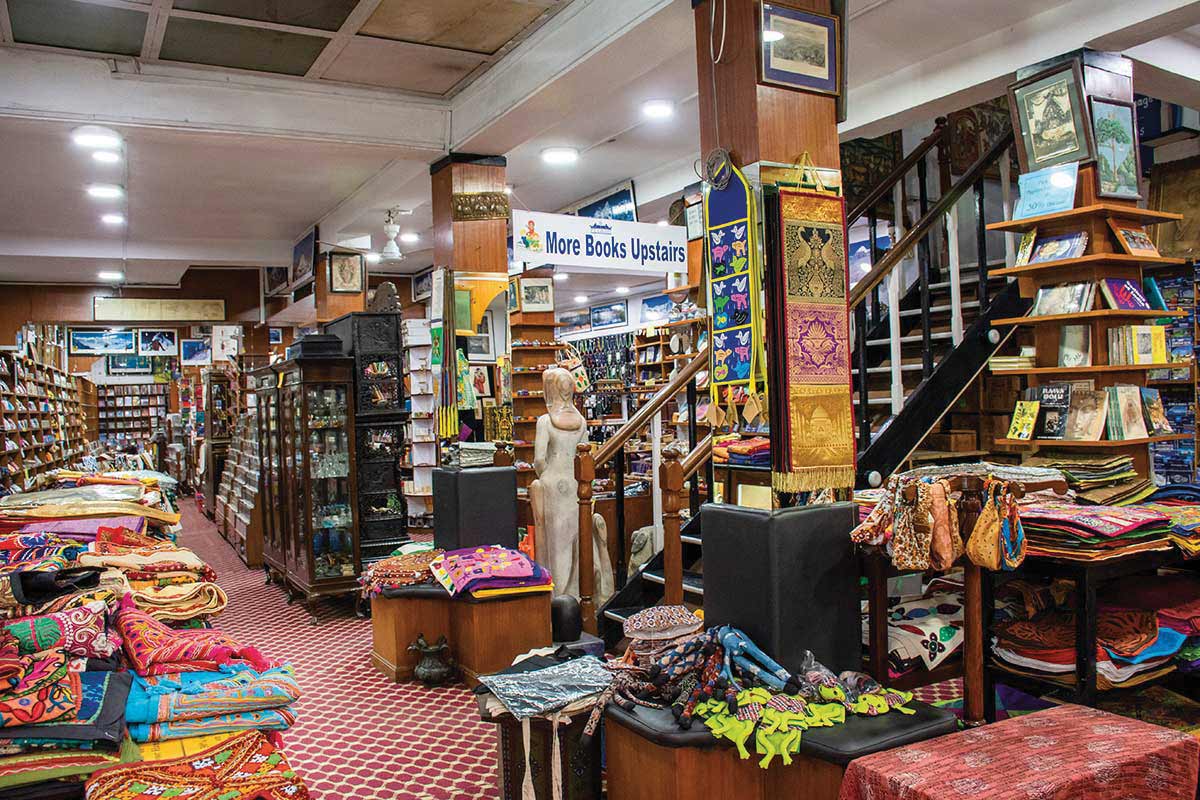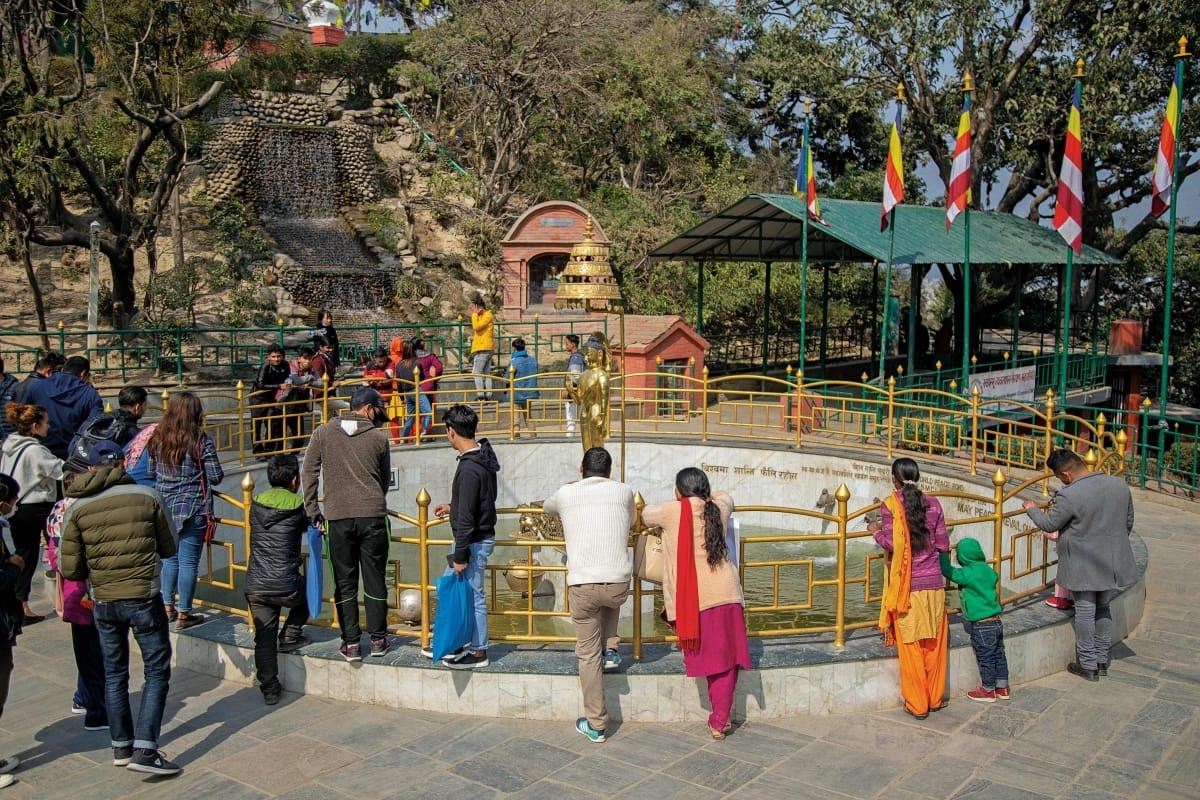Pokhara plays the perfect host to lovers of the outdoors, adrenaline junkies, sybarites, holiday-makers, and leaves each one feeling it is a place made just for them

I become a frog when I am in Pokhara. That does not mean that I grow webbed feet, have mottled skin, or begin to communicate in croaks, but that I spend an inordinate amount of time in the vicinity of a lake.
That is probably because the lake’s shore is alive. I walk for kilometers on end along Phewa Tal whenever I am in Pokhara. Several species of birds flit, swoop, and fly by in the parks that run parallel to the lake shore. (In a restaurant’s garden alone, I spotted more than a dozen species while having breakfast.) Fishermen weave nets and boatmen make or repair boats beside the stone-paved trail along the lake, and Tibetan women sit selling trinkets. Tourists are reclined on beach chairs or with feet dipped in the waters, visibly enraptured. Walking the length of the lake’s shoreline is like moving from Pokhara’s present to its past. Go from the lake’s eastern to western end, and within a couple of kilometers you go from urban parks to a tourist hub to village to a wild corner of the lake.
This is Pokhara’s specialty. Like a great wilderness, it offers individuals pockets of habitats they seek. The Lakeside is one such place. Spending time here usually means spending money: restaurants, hotels, cafes, souvenir shops, trekking agency offices, and massage parlors fill the stretch of paved road. I never spend too much time here because I never miss Thamel too much when I am in Pokhara. The boulevard’s restaurants pander to taste buds craving anything from Chinese to Newari, Russian to Thakali, Indian to Italian to almost every cuisine save that of Easter Island. Lakeside is not pretty, it’s important. Without it Pokhara would be paradise, but even a paradise needs ATMs, money-changing counters, and pizzas these days.

The perfect way to offset Lakeside’s sights and (loud) sounds is to visit Old Pokhara. Truth be told, there is no old “town,” only fragments of it. Most of it is scattered north-east of Lakeside, on the road going up to the Bindhya Basini Temple. There you can see a few large Newari-style houses, remnants of Pokhara’s mercantile past. There is nothing from there to Bindhya Basini, but it’s worth going to the temple anyway. It has great views of the mountains—a gift for those who do not have the budget for a closer view of the mighty peaks from a microlight aircraft or the desire to go up to Sarangkot.
Visiting Pokhara’s sacred sites involves going further, higher, and deeper. I mean it literally, but it could also turn out to be metaphoric for some. The World Peace Pagoda, built by Buddhist monks from Japan, is located on a hill top overlooking Phewa Lake and has sweeping views of the Himalayas. Another holy place is the Gupteshwor Mahadev, a shrine dedicated to Shiva inside a subterranean cave. Going to all these places of power is like a tour of all three worlds – the Subterranean, Earth, and Heaven – mentioned in Hindu scriptures. For followers of the Batman cult, there’s the Bat Cave.
Such is the abundance of choices in Pokhara it’s hard for anyone to feel out of place. There are things to do on land, water, or air. On land: birdwatching, hiking, trekking, cycling, meditational retreats. For lovers of water: boating, canoeing, kayaking, swimming, fishing. Up in the air: microlight aircraft flights, paragliding, parahawking. Sighs in Pokhara come not because the place lacks something; it comes because you are short on something—budget, time, or a will to try new things.
Each of the countless things to do in Pokhara casts me in a different role while I am doing it. I walk along the lake, and I am a traveler, a stranger in town. I sit in the restaurant gardens, and I am a tourist. Restaurant hopping on Lakeside makes me an epicure. The adventurer in me decides on trying the zipline, paraglider, or microlight aircraft. I am a culture and history buff when I visit old temples and museums. The end of a day of one or several of these experiences finds me in a hotel room, tired in body but rejuvenated in mind. I am a man who has seen a little more of Pokhara. But I also know that when morning comes I’ll be a frog again, raring to rush to the lake’s edge.








